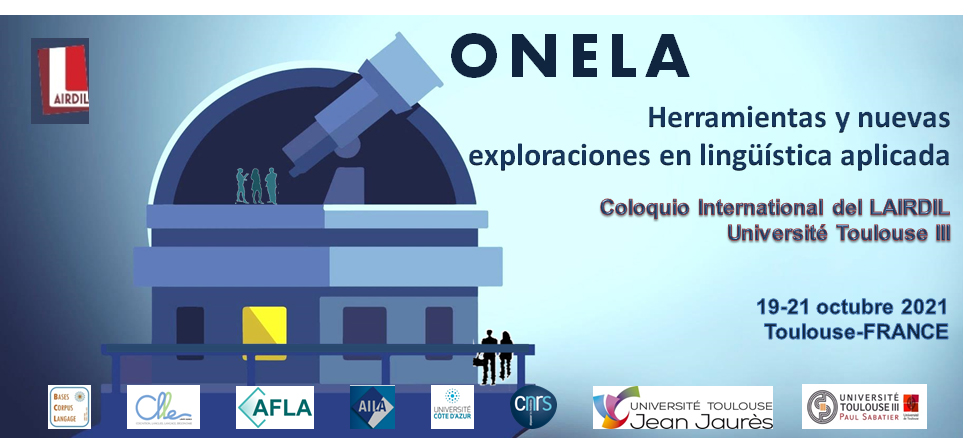The global elderly population is rising and is predicted to reach 1.2 billion in 2025 and 2 billion in 2050. The UN has forecast that the elderly population in Europe will reach 37% of the total population by 2050, and that some countries will have populations with at least 40% of older adults by the same year (Ramírez-Gómez, 2016).
Traditionally studies that focus on older adults focus on cognitive decline, such a negative view of older adults' cognitive abilities may have persuaded scholars to concentrate on learners who are theoretically not limited by age-related changes. Research in learning among older adults is dominated by the identification of obstacles and decline in the process caused by mental and physical deterioration. However, there have been some studies that have evidenced cognitive benefits of learning a foreign language, which has increased the appeal of this activity among older adults.
In the Value Creation Framework (Wenger et al., 2011), the concept of value relates to participation in social learning spaces and is defined as being what is important, worthy and useful to the individuals involved in the community. The framework is grounded in social learning theory and based on viewing learning as a social process and embedded within activity, context and culture (Lave & Wenger, 1991). The focus and emphasis is on the experience and identity of learners, on relationships and interactions, rather than knowledge, skills or curriculum.
Older Adult Learners are an under-represented group, particularly language learners, and this study contributes to addressing this gap. The study aims to contribute to the literature on older language learners by providing empirical evidence that may be helpful in guiding pedagogy for this group of learners in the future. This talk presents the value that older adult learners find through their participation in Moodle when learning English and provide snapshots of the potential for learning and value creation through the use of Moodle.
Lave, J., & Wenger, E. (1991). Situated Learning. Cambridge University Press. https://doi.org/10.1017/CBO9780511815355
Ramírez-Gómez, D. (2016). Critical geragogy and foreign language learning: An exploratory application. Educational Gerontology, 42(2), 136–143. https://doi.org/10.1080/03601277.2015.1083388
Wenger, E., Trayner, B., & de Laat, M. F. (2011). Promoting and assessing value creation in communities and networks: a conceptual framework.
- Poster

 PDF version
PDF version

